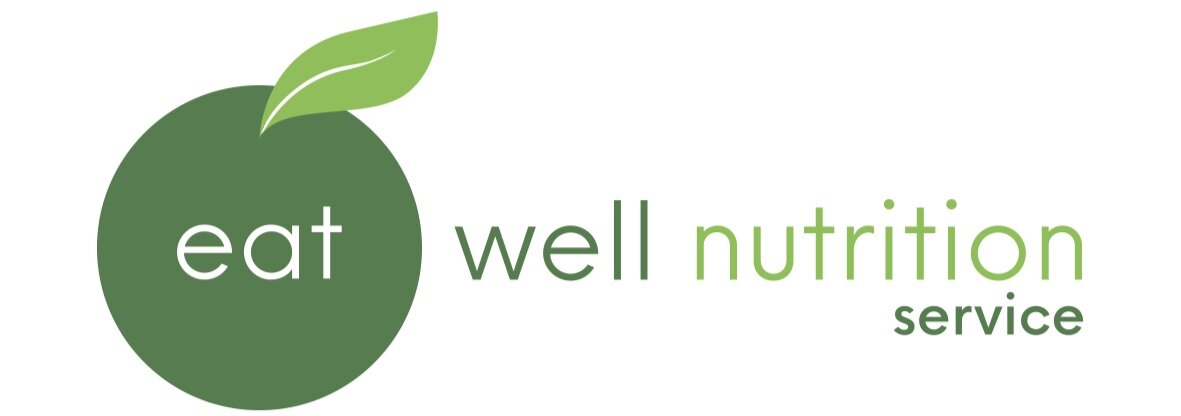Eating Well to Fight off Colds and Flu
Winter is almost upon us and with it comes the cold and flu season which has already begun to take its toll on employees, parents and caregivers. This can result in more employees having to take more sick days.
Colds and flu are caused by viruses. Colds are a minor illness usually lasting about a week. There is currently no way to completely prevent colds. Influenza or “flu” is a more severe illness with symptoms including fever, chills, fatigue and body ache. The flu vaccine or “flu shot” can help prevent flu.
The immune system defends your body against viruses like the cold and flu. A healthy diet is important to keep your immune system working its best to defend the body.
So which foods boost immune function?
If you are scanning the supplement isle at your local pharmacy for a magical cure for colds and flu, think again. There is no one food, meal or supplement that will significantly boost immune function. Instead a healthy balanced diet with a variety of foods and a constant supply of nutrients helps to keep the immune system strong and fight off viruses. So focus on a healthy balanced diet paying particular attention to the following ideas:
Protein– Most Australian’s consume enough protein which is important as it makes up the building blocks for antibodies to fight infection. So make sure you include a good source at each meal such as; meat, poultry, seafood, eggs, legumes, nuts, seeds, tofu, and dairy foods.
Fluids– Getting enough fluid is essential to moisten the lining of the respiratory tract. This helps to prevent dehydration which results in tiny cracks forming in the nasal membranes allowing viruses to enter into the body. Females need about 2.1 litres (about 8 cups) of fluid per day and male adults require about 2.6 litres (about 10 cups). This not only includes water, but also milk, juices, hot drinks such as tea, coffee and other drinks.
Fruits & Vegetables– Fruits and veggies are a great source of vitamins and phytonutrients (health promoting properties found in plants), many of which act as antioxidants. Eating enough foods rich in antioxidants means the body has a better chance of fighting off cold and flu bugs. Going for variety is key as all fruit and vegetables provide us with different nutrients and antioxidants. So aim to get as many different coloured vegetables on your plate at mealtimes.
Vitamin C– is found in many fruits and vegetables. You need about 200 mg per day to help fight colds. Some of the best sources are capsicums, strawberries, kiwi fruit, oranges and broccoli.
Probiotics– The gut is one of the biggest players in immune function. Probiotics are good bacteria that help keep your immune system healthy. To fight colds, the dose needs to be about 10 billion active probiotic cultures per day. This amount can be found in some yogurts with added probiotics. Check the label as not all yoghurts contain enough probiotic to see these effects. Probiotics can also be found in capsules and pills.
Limit Alcohol– There is a large amount of research which suggests that drinking alcohol suppresses immune function. When it comes to alcohol and reducing the risks, make sure you follow the guidelines. This includes limiting your intake of alcohol to no more than two standard drinks per day and having at least two alcohol free days per week. Click the link below to read more about the alcohol guidelines and to see what one standard drink looks like.
http://www.alcohol.gov.au/internet/alcohol/publishing.nsf/Content/guide-adult
Supplements– Avoid getting biased information from a supplement store, or from people who sell supplements out of their office. Instead, see your doctor or book an appointment to see an Accredited Practising Dietitian, the nutrition experts, for credible advice about other popular supplements such as multivitamins, ginseng, Echinacea, zinc, and more.
For more information about what a healthy balanced diet looks like visit the Eat For Health website: http://www.eatforhealth.gov.au/
Here you will find out more about how many serves from each of the five food groups that you need to meet your nutritional requirements and to help fight off cold and f
